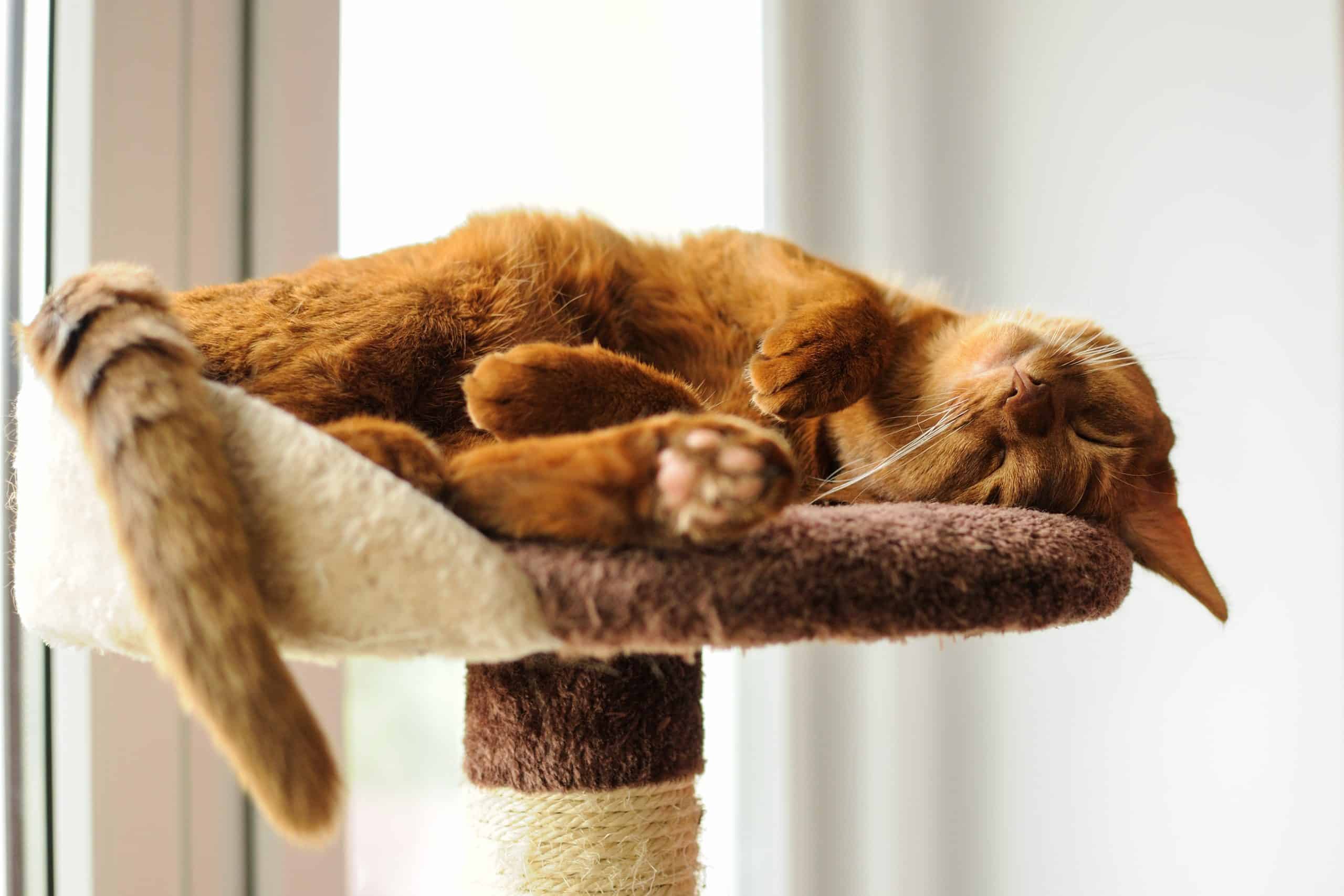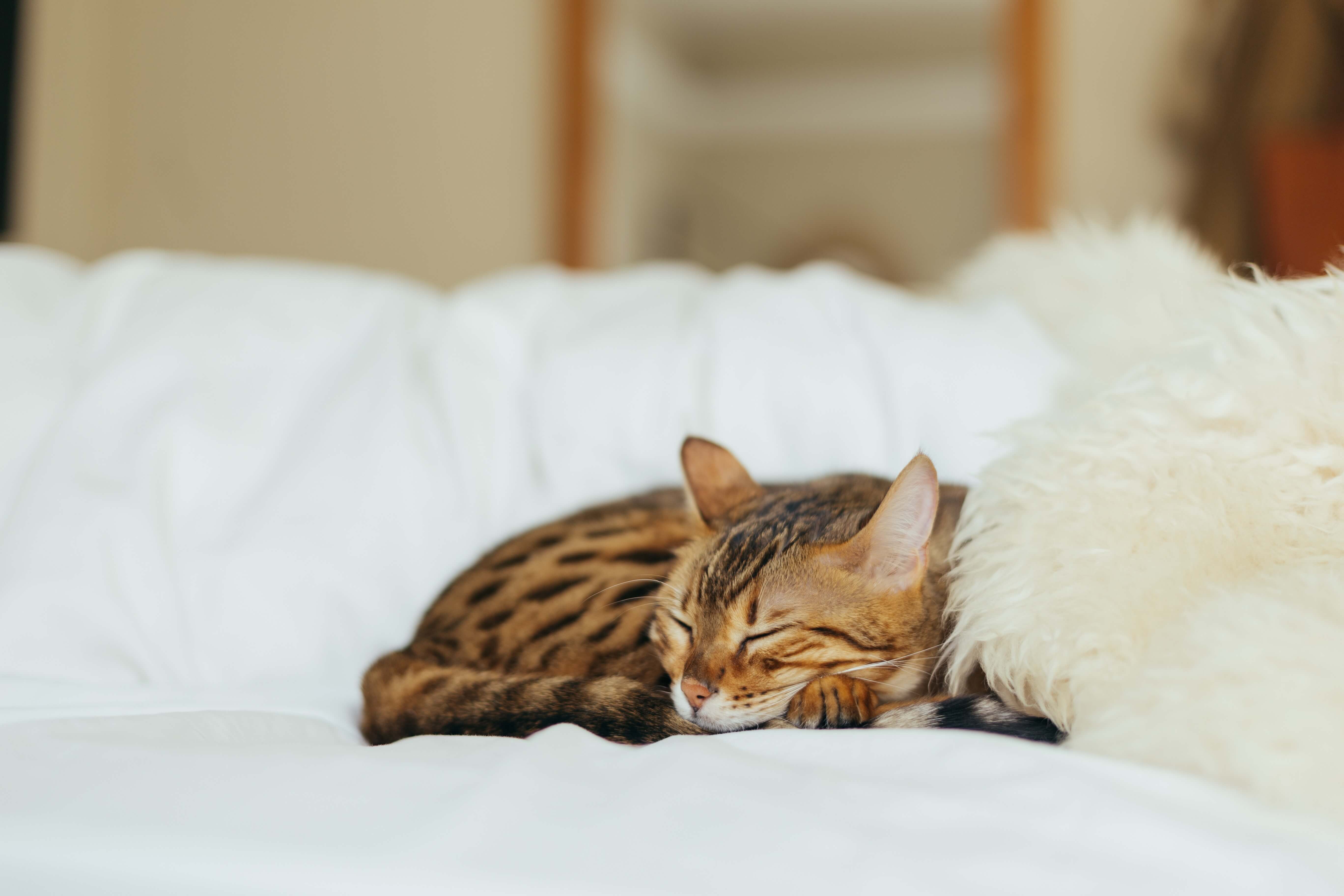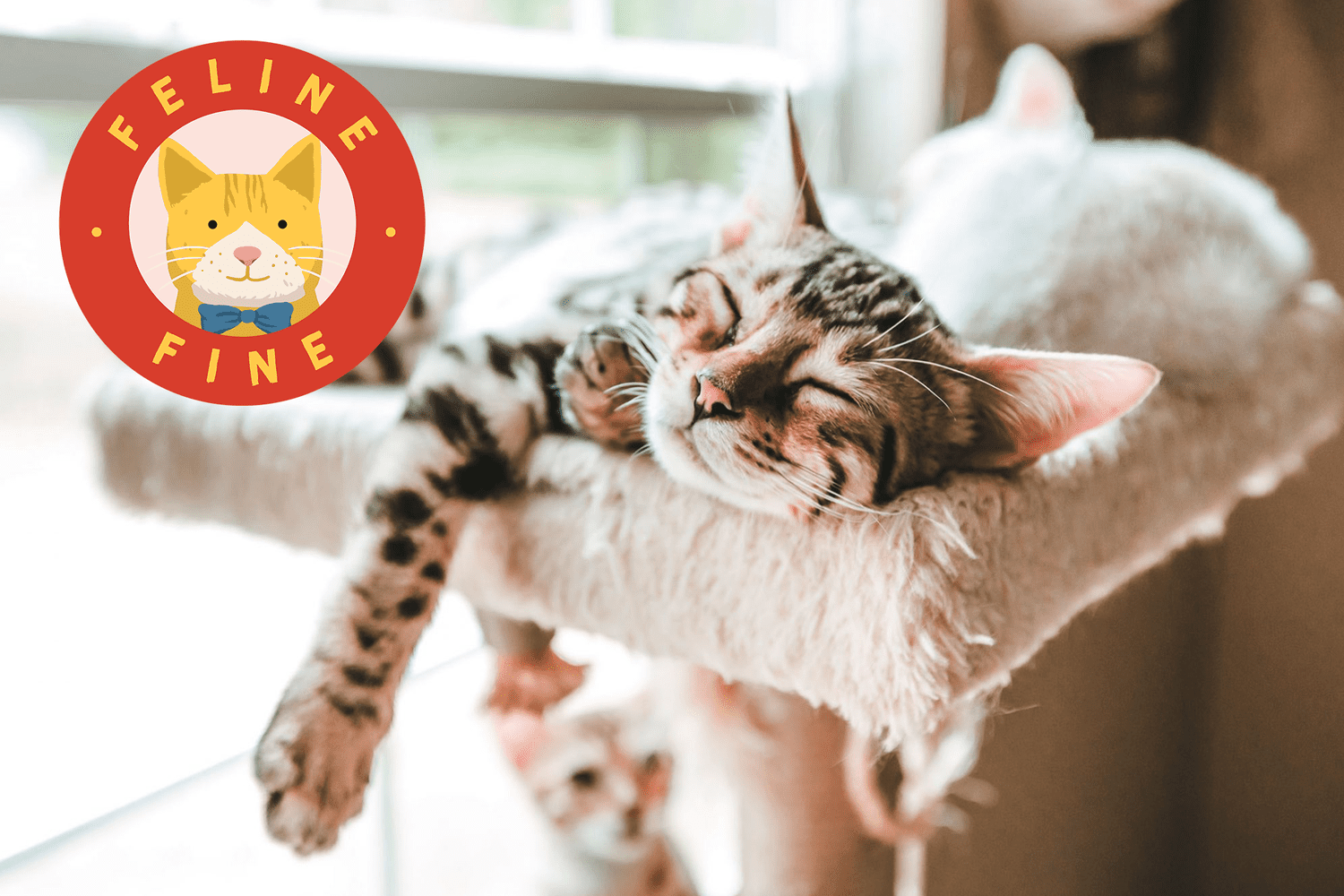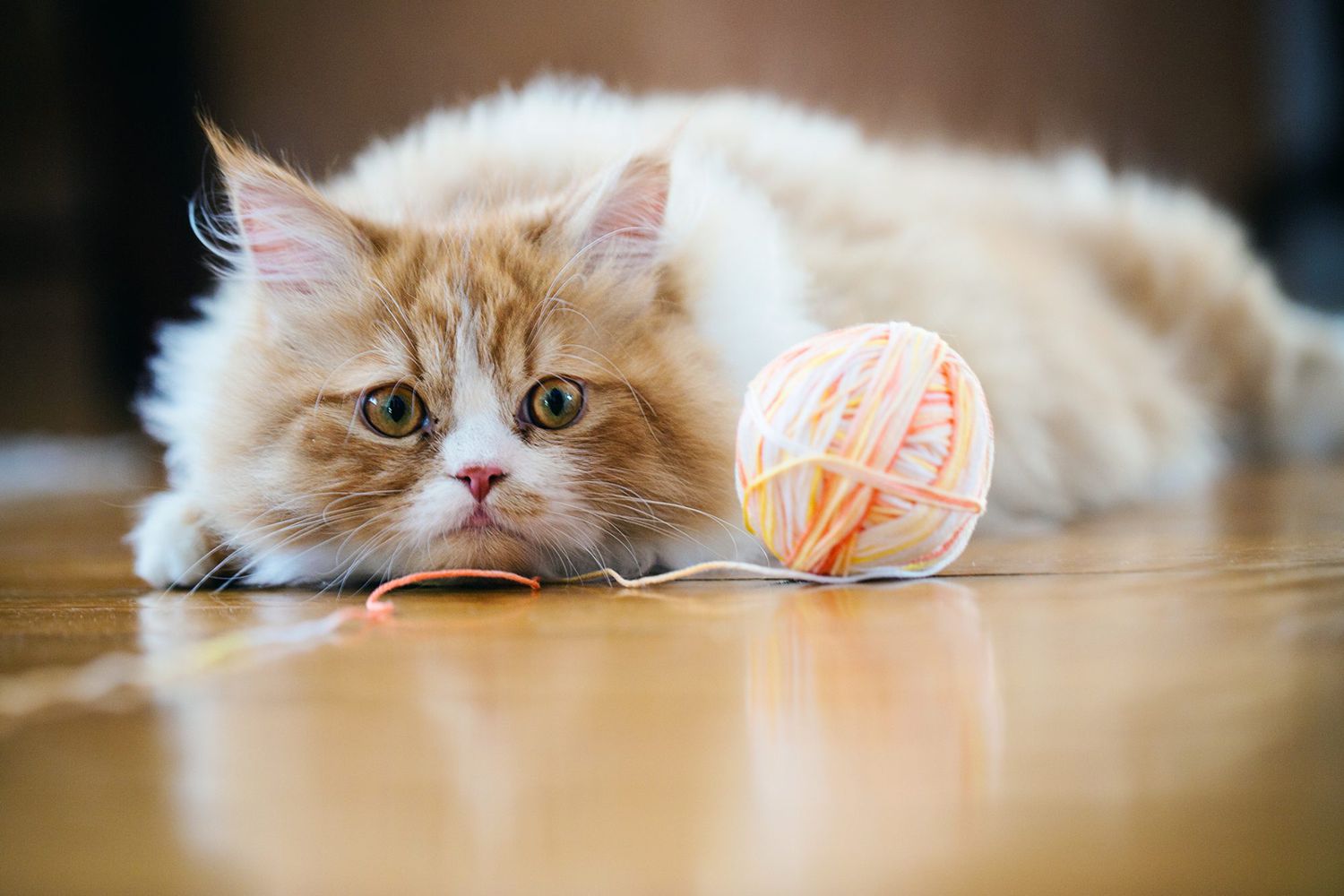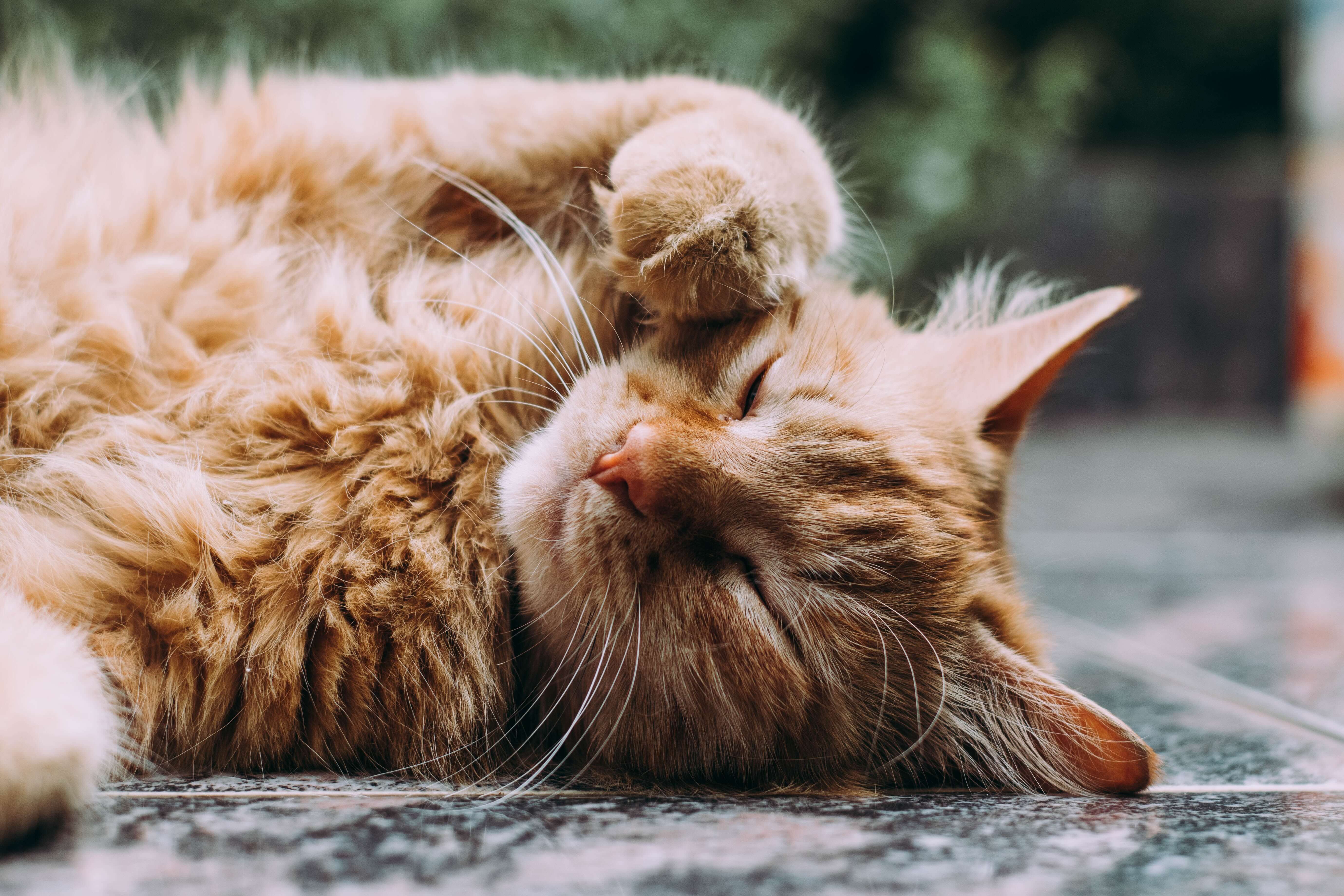Do Cats Snore When They Get Older
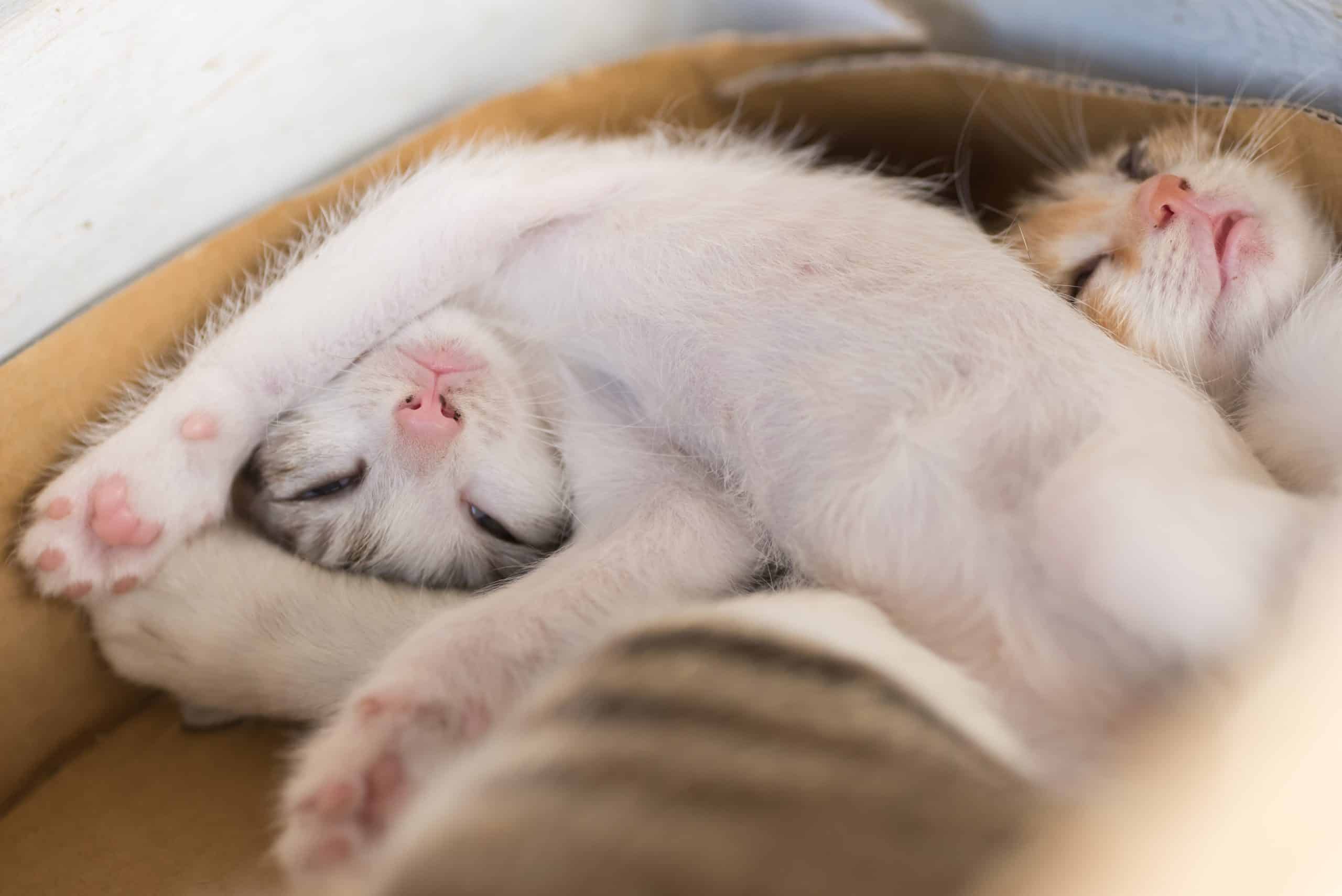
This sound is usually normal but could indicate an obstruction of the larynx or upper airways.
Do cats snore when they get older. Some common snoring triggers in felines include unusual sleeping positions obesity sleep apnea allergies and upper respiratory infections. Around half of cats age 5 to 11 weigh more than they should and about a third of all cats in North America are obese weigh at least 20 more than they should. Besides excess weight your cat could be snoring because of their breed.
A polyp can be removed if its not serious. Infections and diseases can affect the soft tissue around the nasal and throat passages causing your cat to create noises that sound like snores whether awake or asleep. Around age 11 cats enter what is considered the senior stage of their lives.
In cats it is usually noticed in a younger cat with polyps but sometimes is seen in obese older cats as well. Snoring problem can be caused by a more serious problem like nasal polyps or tumors which will alter the airway in older cats. While falling asleep he purrs and snores simultaneously.
As humans reach beyond middle age their throats get narrower which contributes to increased snoring. The muscles around the throat mouth and nose grow weaker causing the vibrations in these areas to become more intense. Stertor is a heavy snoring sound occurring primarily during inspiration and is most commonly noticed during deep sleep.
Another cause of snoring problem in old cats are tumors. A tumor in the nose is very difficult to treat. Overweight cats have a higher tendency to snore.
Cats generally are known for being notorious nappers. Just like human beings felines can suffer from upper respiratory infections. As a result the throat muscles are not as tight as they ought to be.
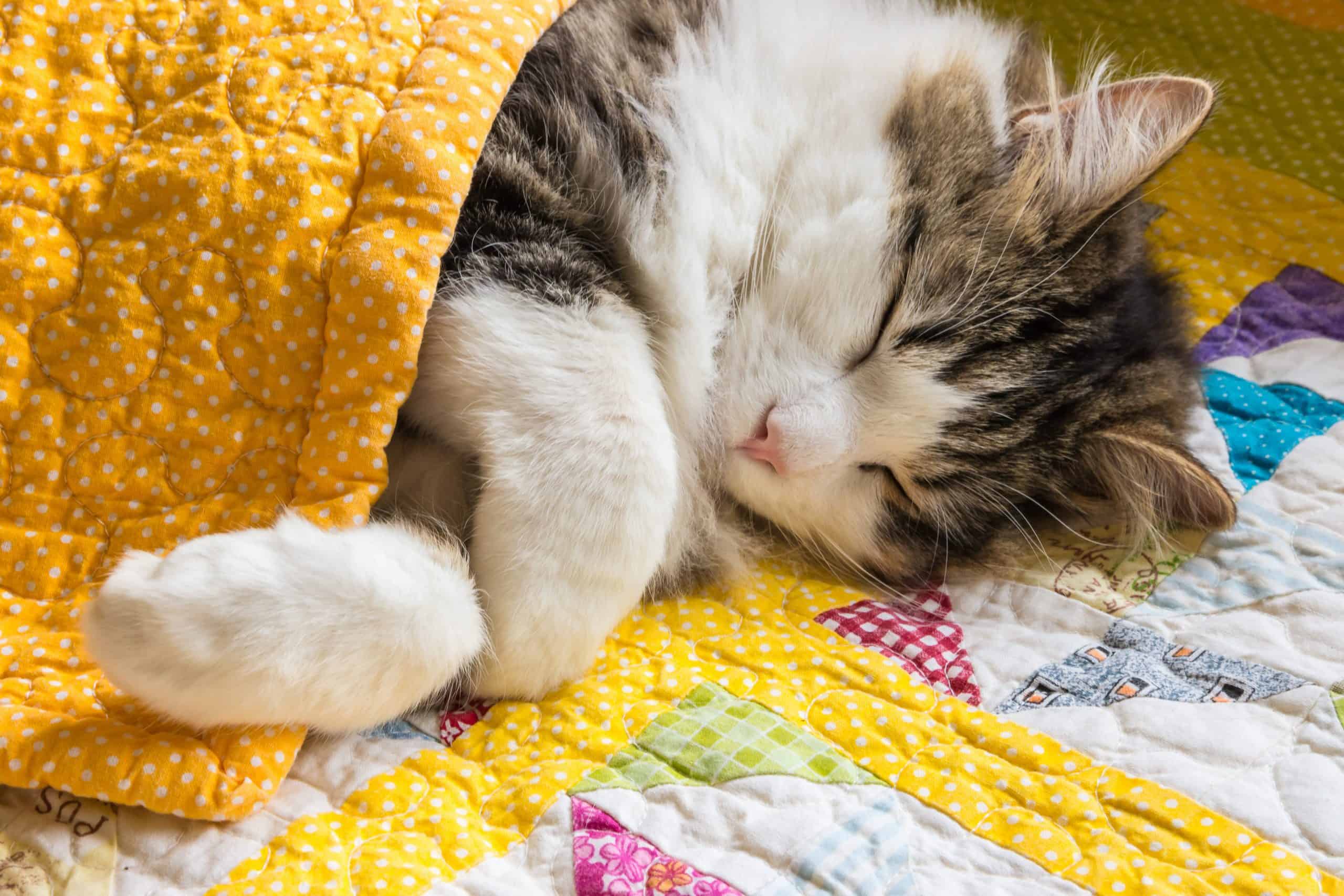


/RedCatSleeping2119x1415-5792fc593df78c173426fd06.jpg)
